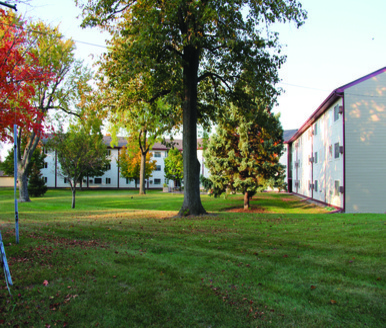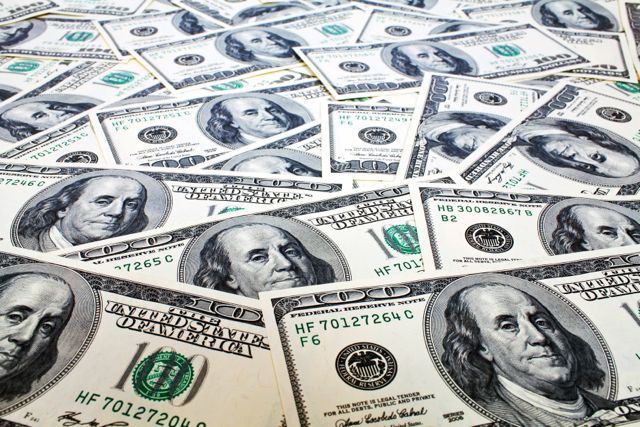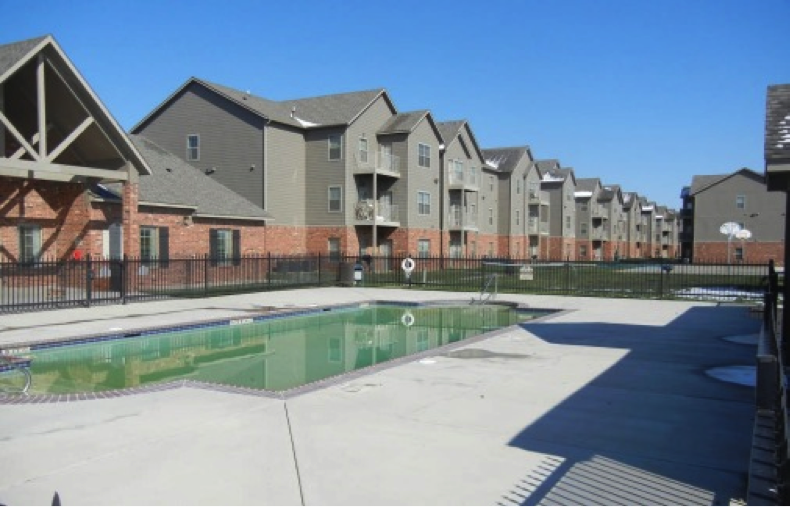New HUD guidelines make refinancing under Section 223(f) a great way for property owners to improve their Section 202 properties. In a nutshell, benefits include:
- Lowering project debt service by locking in a low fixed interest rate for up to 35 years;
- Financing deferred maintenance items and capital improvements that improve living conditions for tenants, lower operating costs and extend the useful life of the project;
- Making a portion of residual receipt reserves available to fund supportive services for residents;
- Receiving a new 20-year HAP contract that is exempt from mark to market regulations (rents can only go up); and
- Obtaining an unrestricted cash-out developer fee equal to 15% of eligible transaction costs.
With today’s interest rates ranging from 3.50%-4.50%, many 202 properties will see substantial debt service savings from a refinance, particularly those built in the late 1970’s and early 1980’s with expensive, high interest rate financing. Refinancing and locking in a low interest rate provide an immediate boost to project cash flow.
223(f) loan proceeds can be used to recapitalize depleted replacement reserves and fund capital repairs and improvements. These include modernizing apartment units with the latest energy efficient appliances, which will reduce utility costs and make the units more livable. Loan proceeds often are used to provide accessibility upgrades to kitchens, bathrooms and common areas.
The 223(f) refinance affords property owners the opportunity to access restricted residual receipt balances above $500 per unit to pay for supportive services of tenants. For example, on one transaction, Rockhall obtained HUD approval for the use of residual receipts funds to acquire a new bus for the project to transport senior and disabled residents.
Perhaps the biggest benefit of a 223(f) refinance is the opportunity to lock in a new 20-year HAP contract which is exempt from the Multifamily Assisted Housing Reform and Affordability Act (MAHRA). MAHRA requires Section 8 HAP owners to bring their rents in line with market every five years. Section 202 properties refinanced under Section 223(f) are exempt from this requirement and are eligible for annual OCAF or budget based rent increases. This is particularly important in markets where budget-based HAP rents are well in excess of market rents.
HUD rewards property owners with a 15% developer fee for taking steps to preserve affordable housing. The developer fee, with no restrictions, can be applied to benefit the 202 property or other affordable housing projects in a portfolio, or simply to profit the owner, developer, or consultant overseeing the transaction.
The bottom line is that the new HUD guidelines give a major boost to Section 202 property owners’ efforts to recapitalize, preserve and upgrade the living standards of their projects. To learn more, contact a Rockhall representative.

 Affordable
Affordable 





